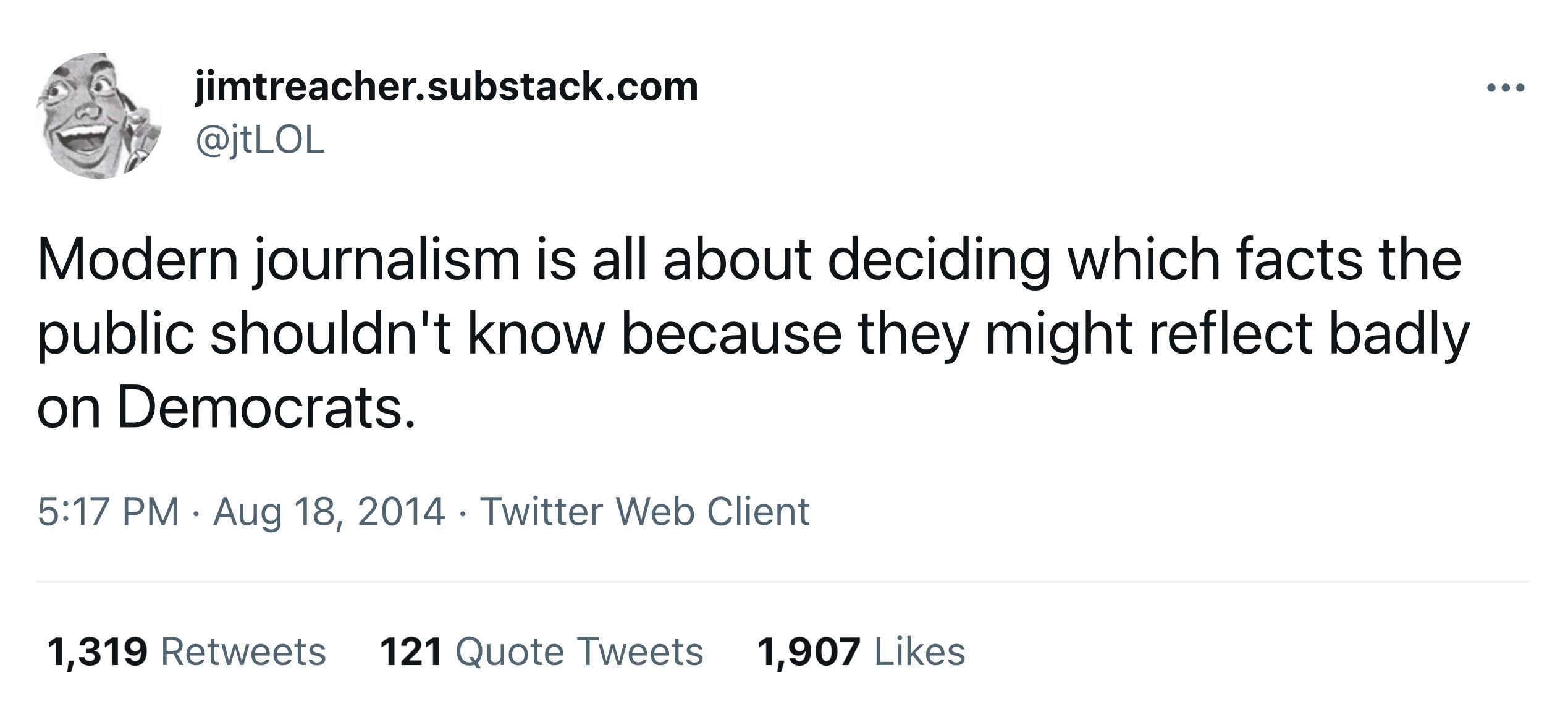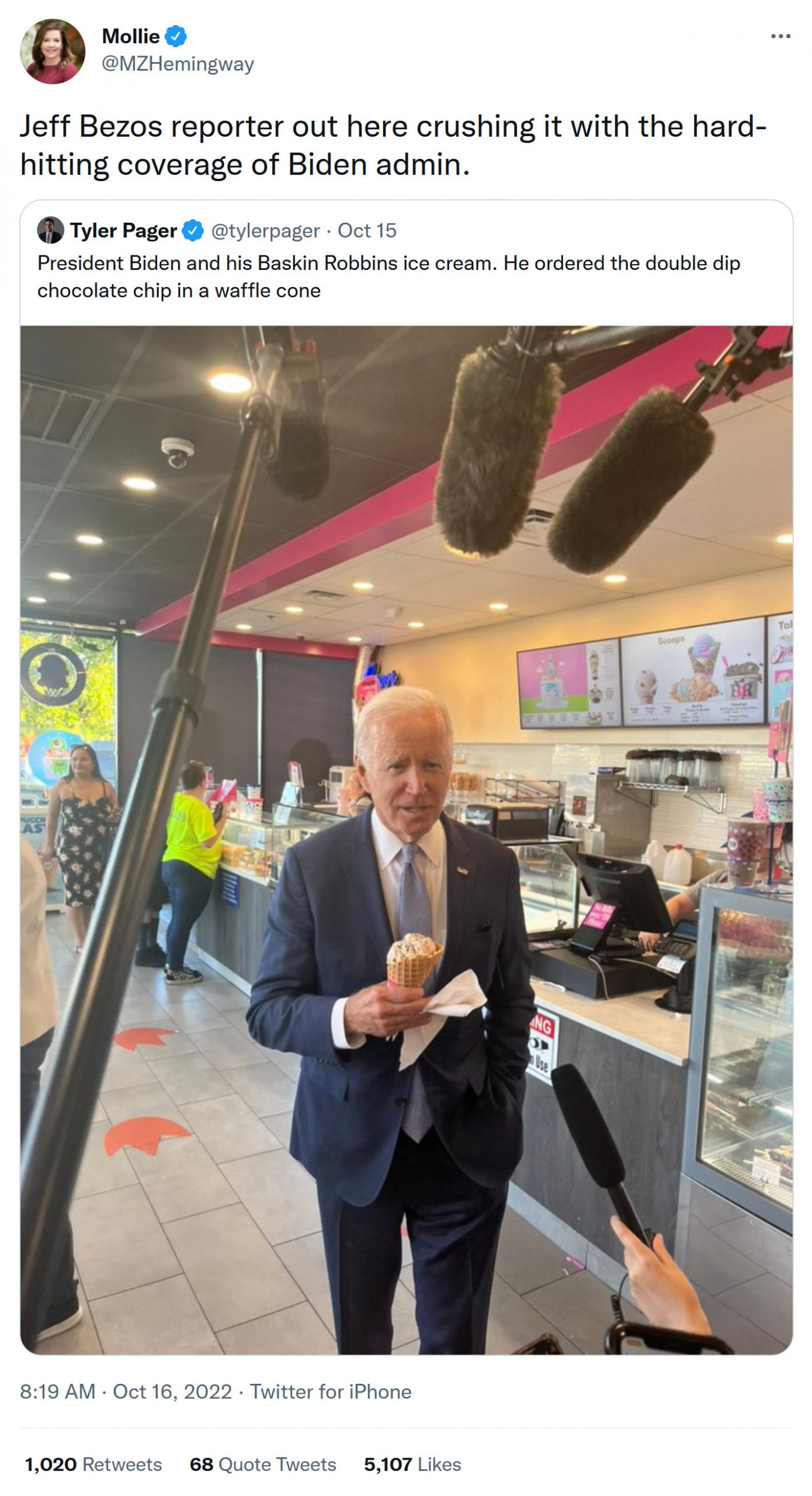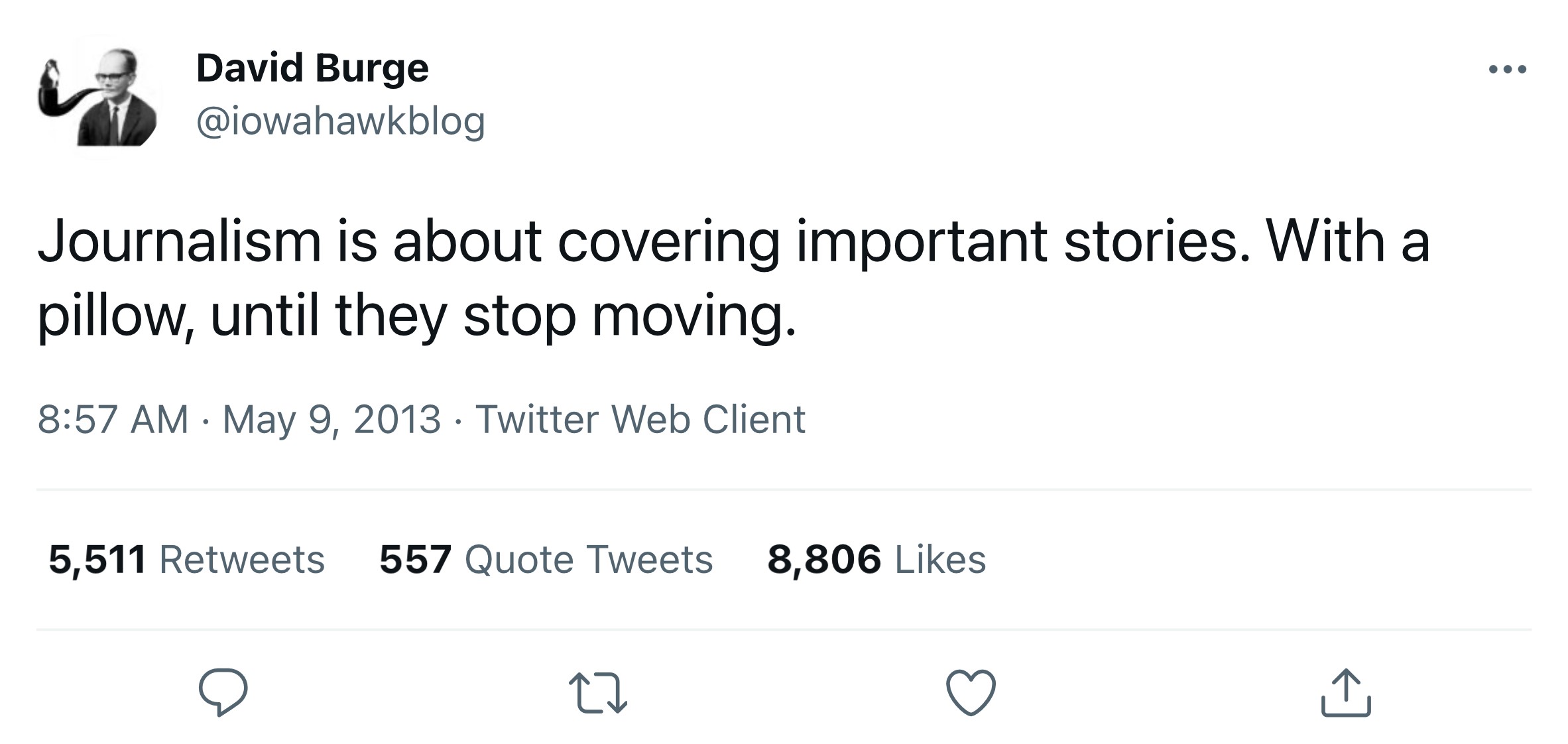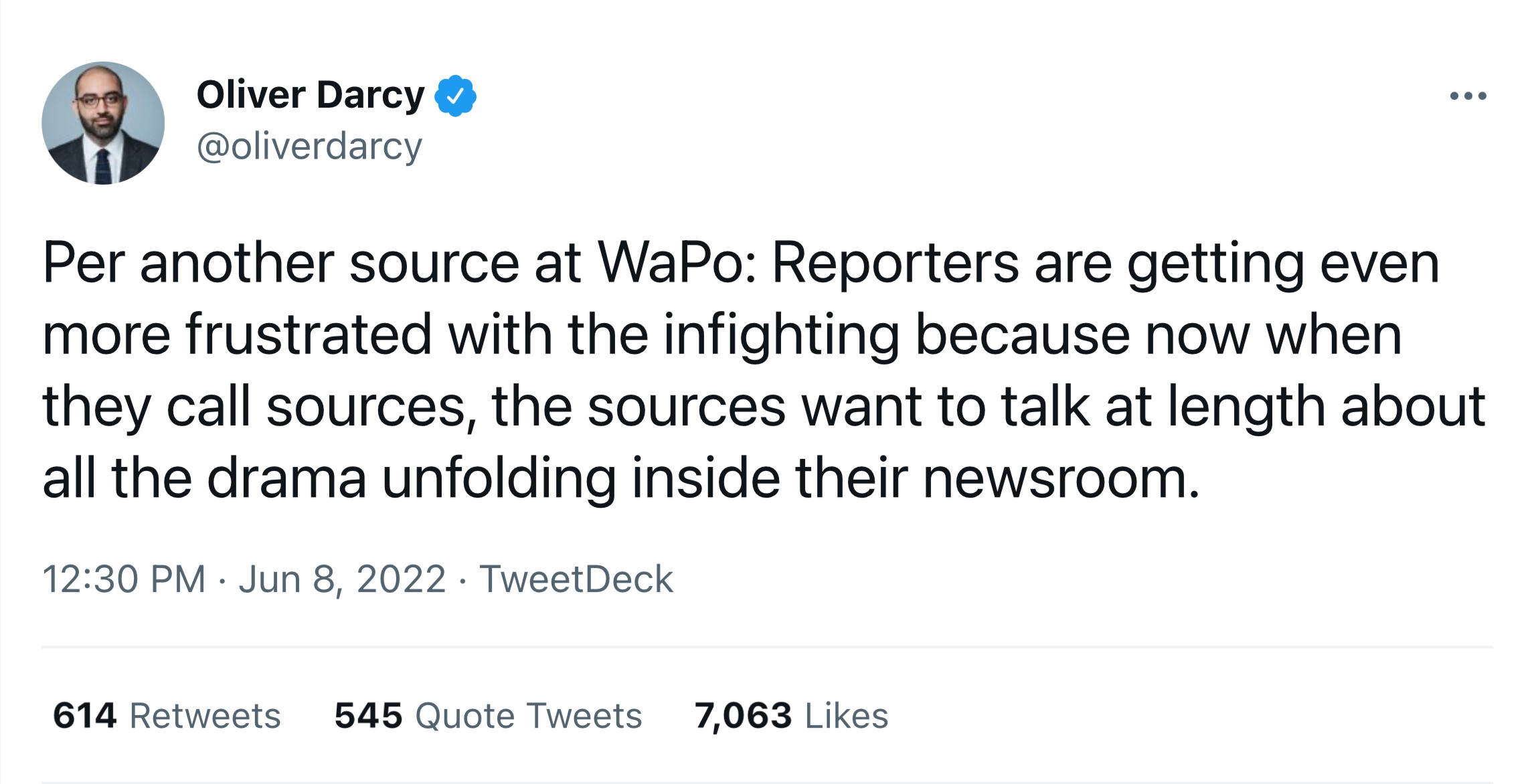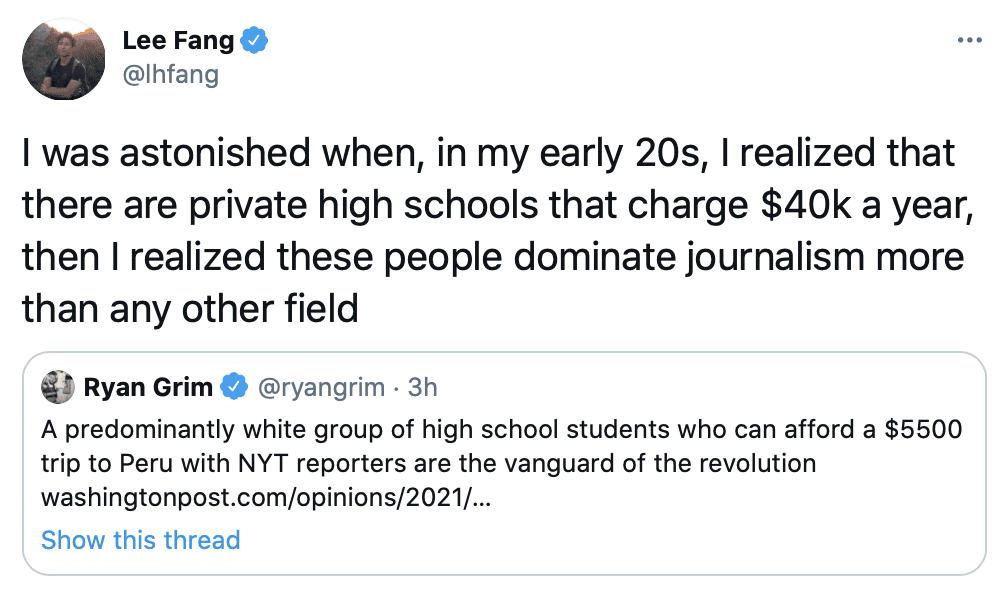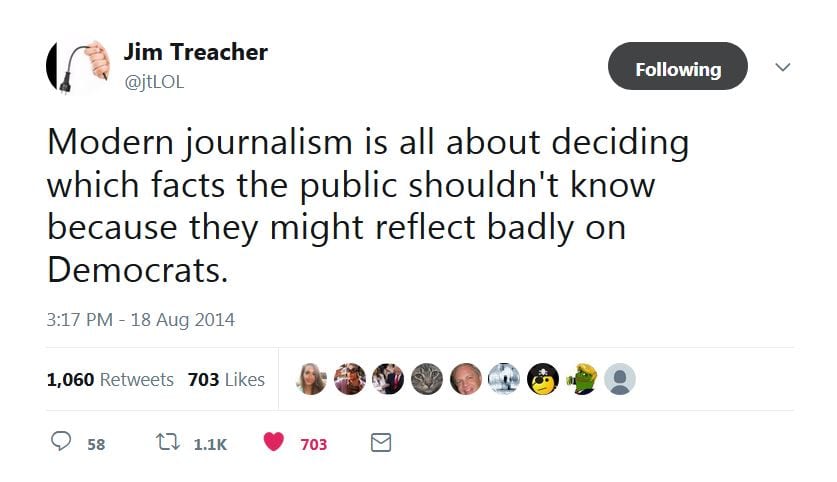SECOND LOOK AT VIETNAM: DID WE HAVE IT WON?
In the fifty years since the Paris Peace Accords ended our military involvement in Vietnam, a consensus has long been locked in place about America’s war in southeast Asia. The effort to defend democratic(-ish) South Vietnam was an imperialist folly and an immoral war of choice using the Vietnamese as proxies. We never had a chance to win the war, and efforts to do so only strengthened our enemies.
But is that what actually happened? I sat down for a lengthy conversation with Mark Moyar, the William P. Harris Chair of Military History at Hillsdale College and author of Triumph Regained: The Vietnam War, 1965-1968. In the latest episode of The Ed Morrissey Show podcast, we discuss how the narrative of futility formed during the war and dominated the discussion for decades afterward.
“Almost none of it is right,” Moyar declares, “and that’s why I’ve spent so much time writing Vietnam books.” The American veterans of the war as well as the people of former South Vietnam deserve an honest accounting of what actually happened, not the all-too-easy gloss that we walked away from a war we couldn’t win. In fact, Moyar argues based on new access to Vietnamese records, we largely had the war won by the time Richard Nixon got elected — and slowly let it slip away from us.
Well, slowly, and then suddenly, to paraphrase Hemingway on bankruptcy. The so-called “Watergate Congress” of Democrats elected in 1974 pulled the plug on funding for our defense of South Vietnam the following year. But prior to their election, as Lewis Sorley quoted counter-insurgency expert Sir. Robert Thompson in his 1999 book, A Better War:
Having failed to achieve their aims militarily, the North Vietnamese turned their attention to the Paris Peace Talks. They were extraordinarily fortunate to be dealing with Henry Kissinger and Richard Nixon, two opportunists of the worst sort, who were willing to negotiate a deal which left the North with troops in South Vietnam. When President Thieu balked at this and threatened to scuttle the talks, the North backed off of the whole deal and Nixon ordered the 1972 Christmas bombings of Hanoi. For eleven days, waves of B-52’s, each carrying 108 500-pound and 750-pound bombs, pummeled the North. For perhaps the only time during the entire War, the North was subjected to total war, and they were forced to return to the negotiating table. Sorley cites Sir Robert Thompson’s assessment that:
In my view, on December 30, 1972, after eleven days of those B-52 attacks on the Hanoi area, you had won the war. It was over.
At that point, the Viet Cong had been destroyed, we had definitely won the insurgency phase of the War. Additionally, the North had been defeated in the initial phase of conventional warfare, and had finally had the War brought home to them in a significant way. Though the overall War was certainly not over, it was sitting there, just waiting to be won.
Or lost, depending upon who was in charge in DC:
Related: Joe Biden Comes Full Circle:
During a 2012 eulogy for George McGovern, Joe Biden recalled a confrontation he had with President Gerald Ford over pulling troops out of Vietnam. Ford had agreed to meet with the Senate Foreign Relations Committee, which included then-freshman Joe Biden, to discuss the administration’s military funding requests during the fall of South Vietnam on April 14, 1975.
According to Biden’s account: “I said, ‘Begging the president’s pardon, but I’m sure if the president were in my position, the president would ask the president the following question.’ I swear to God, it’s in the transcript. And Ford looked at me very graciously, and he said, ‘Yeah?’ I said, ‘With all due respect, Mr. President, you haven’t told us anything.’ They were talking about Sector 1, Sector 2, Sector 3, and with that the president turned and said, ‘Henry, tell them.’ And that was the first time it was decided that we were not going to try to sustain our presence [in Vietnam],” said Biden.
But Biden’s alleged statement, and the response from Ford, do not appear in the classified minutes of the meeting, which have been released by the Ford Library Museum. According to the transcript, Biden did speak up at the meeting to oppose military aid to help evacuate South Vietnamese allies alongside the U.S. troops. “I am not sure I can vote for an amount to put American troops in for one to six months to get the Vietnamese out. I will vote for any amount for getting the Americans out. I don’t want it mixed with getting the Vietnamese out,” said Biden, according to the transcript.
Found via Fred Bauer, who notes, “Biden has never made any secret of his tremendous admiration for McGovern, whom he views as a transformational and inspirational figure.” Which brings us to 2021:


